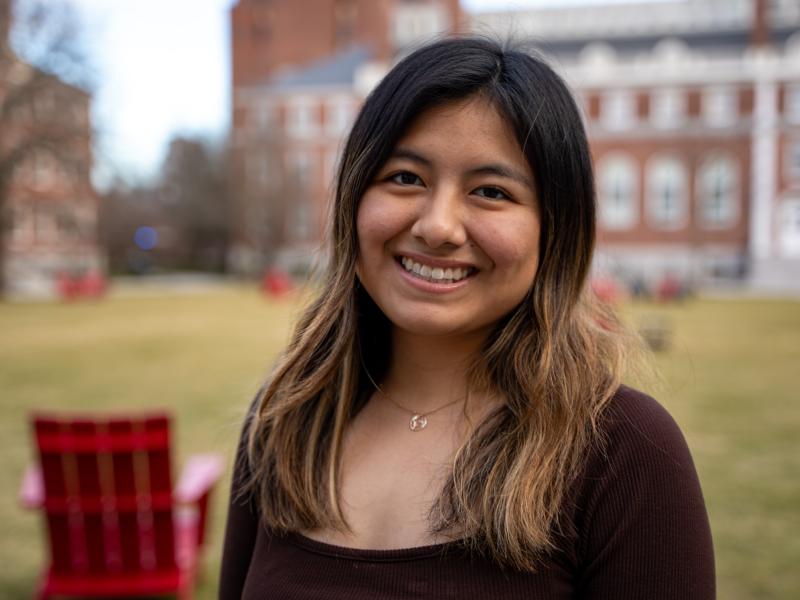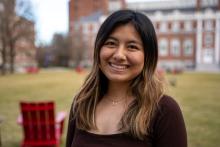This past semester, I found myself organizing a hackathon.
Me, a premed student with little to no coding experience? -- yes!
To those who may not be familiar with the concept of a hackathon: A hackathon is an opportunity for people to dedicate 24-48 hours to solving a problem about, quite literally, anything. It's a space where people can immerse themselves in a project they're passionate about for a weekend, with some even forgoing sleep for the duration of the hackathon! At the end of the 24-48 hours, people pitch their solutions/projects to a panel of judges, and awards are given to the top teams or individuals. Sometimes hackathons can be themed, or have different categories like fintech, AI, VR, robotics, social good, etc.
There are also health/bio themed hackathons that rely on computational biology tools and bioinformatics to tackle diseases. Tech is becoming increasingly important for the advancement of medicine, especially with the rise of AI. There is software out there that can literally search thousands upon thousands of DNA base pairs to find deadly mutations, or model how a drug would bind to its target in the human body (look up DeepChem or AlphaFold if you're curious!). There are even companies trying to make 'AI patients' for use in clinical trials to increase safety and generate more data.
I am quite an enthusiast of biotech and innovation in medicine--so, when a friend from the Harvard Undergraduate Biotechnology Club approached me with the idea of starting a hackathon at Harvard, I was all in.
Our Focus: With our hackathon, we wanted to shine a light on an underserved, overshadowed area of medicine: rare disease. Rare diseases are, quite simply, a public health crisis. The truth is that, surprisingly, 1 in 10 Americans have a rare disease. Even worse, 90% of rare diseases have no existing therapeutic solution or cure. With our hackathon, we wanted to (a) raise awareness about rare diseases and (b) get students thinking of possible solutions in the rare disease space.
With support from the National Organization of Rare Disorders, we set off on our ambitious goal of organizing a hackathon, from scratch, in three months.
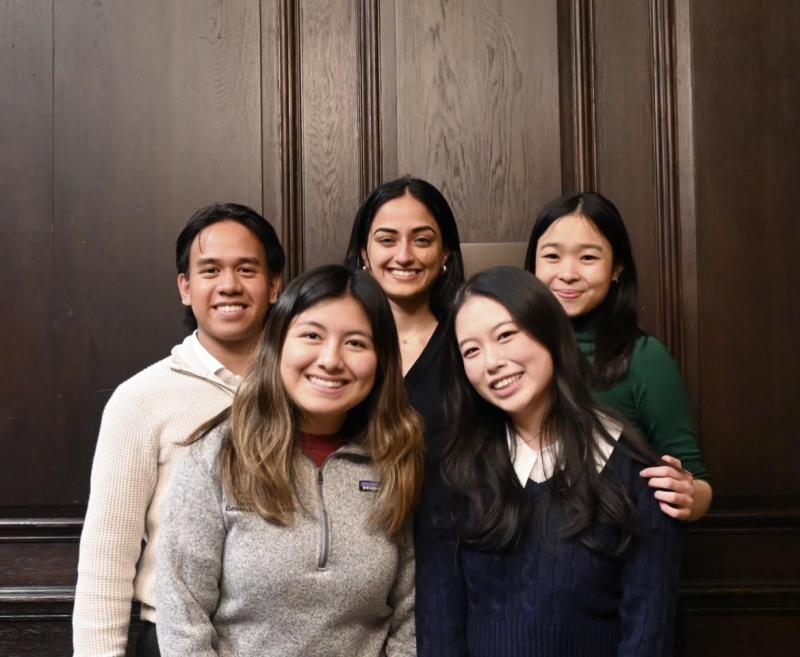
Our organizing team! From left to right, starting in the back row: Marcky, Krisha, and Beverly. Front row: Me and Janny!
Central to our hackathon's purpose was to build an event that actually catered to those living with rare diseases. Throughout January and February, we talked to several people and families who had loved ones living with rare diseases; we listened to the stories they shared and what they wanted from an event like ours. By the end of our discussions and outreach, we ended up partnering with 14 rare disease organizations. We are proud to have had the chance to work with so many amazing organizations and to speak with so many courageous people.
And of course, for any successful event to run, you need the big bucks ($$). We wanted to award monetary prizes to our winning participants, and cover meals for all of our hackers. Thanks to the incredible efforts of my co-organizer Janny, we partnered with two amazing biopharma sponsors who provided us with funding for our venue and prizes. As for meals, my co-organizer Beverly and I hit the ground and went door-to-door to the local restaurants in Harvard Square, searching for any willing sponsors. By the end of our efforts, we had all meals covered for all participants (special shoutout to Falafel Corner for sponsoring a lunch for all participants!).
At the same time, I was also sending email blasts to not only Harvard, but schools across the country to publicize our event to students everywhere. Ultimately, we ended up receiving 75+ registrations from students at universities from all over the world! We had a team fly in from CalTech, and another two teams drive up from Georgia to attend the hackathon.
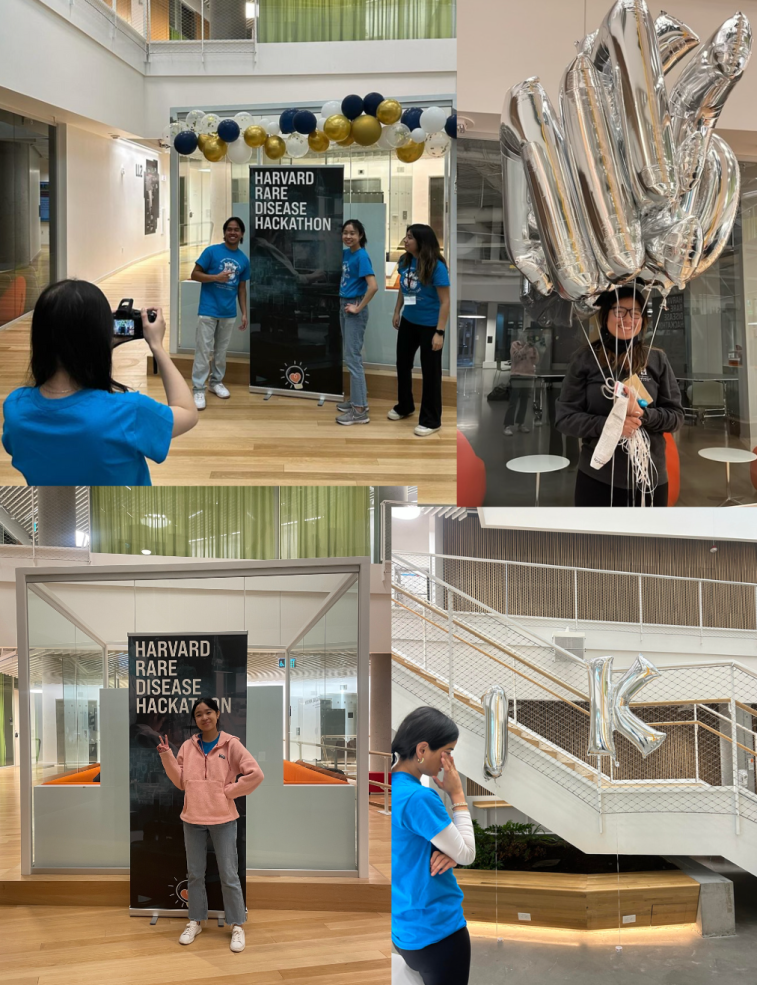
The day before the hackathon: setting up our event in the Science and Engineering Complex (SEC).
The day of the hackathon arrived on March 2, 2024. I won't lie, the actual days of the hackathon were pretty stressful. All of my co-organizers were running around from place to place, ensuring that participants knew where to go, that all meals were served in a timely manner, and that our guest speakers were accommodated. However, I also was simply in awe of the work all coming together. It is so special when you can see a project through from beginning to end, especially one that involves a cause you care deeply about. A particular moment I want to highlight from our event was the Patient/Caregiver Lightning Talks, where patients and their families spoke directly to us about their personal experiences living with a rare disease. It was an inspiring moment, and truly drove home the mission of our hackathon.
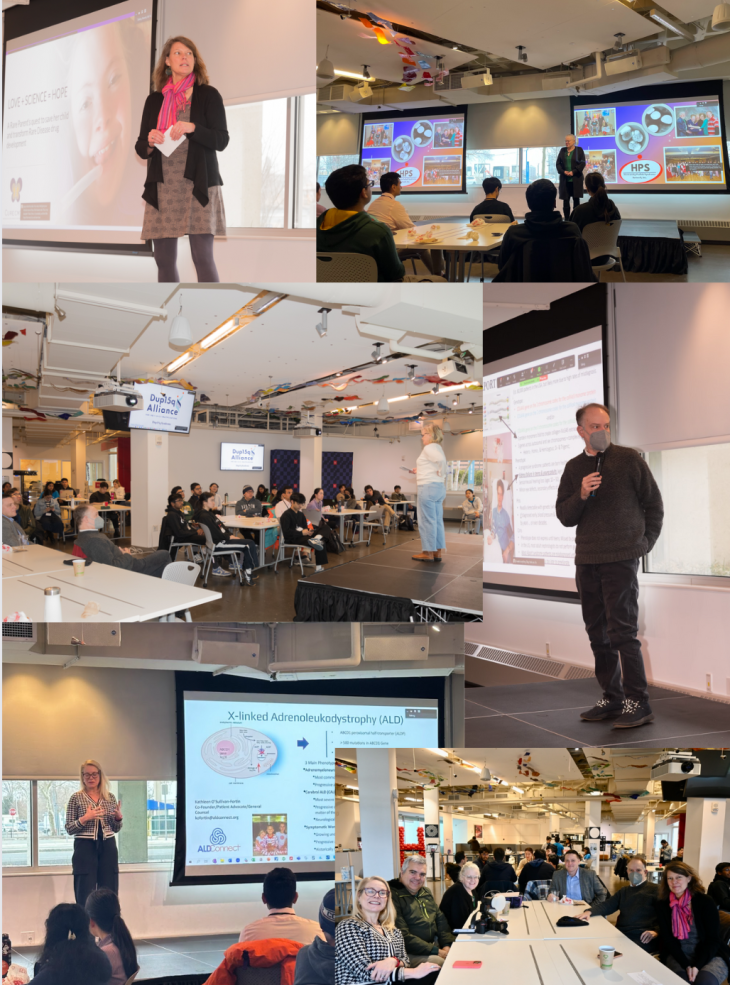
Our amazing patient and caregiver speakers came to share their message to students in person!
And finally, this event could not have been possible without our amazing participants who took on the challenge of hacking for rare diseases. If you want to check out some of their amazing projects, feel free to peruse our hackathon GitHub repo here.
My final thoughts
Putting on this hackathon was certainly scary. I had never organized a hackathon before, nor had I even participated in one in the past. But, my team and I both knew the attention and energy a hackathon could bring to a space like rare diseases, and we thought: if not us, then who?
My take home message for you: don't let inexperience stop you from trying. I know there's things you dream about accomplishing that you don't share with anyone but yourself. I want you to know that it is possible. You can do that. It's never too early, and never too late, to start. You already have a supporter in me! Now go make it happen.
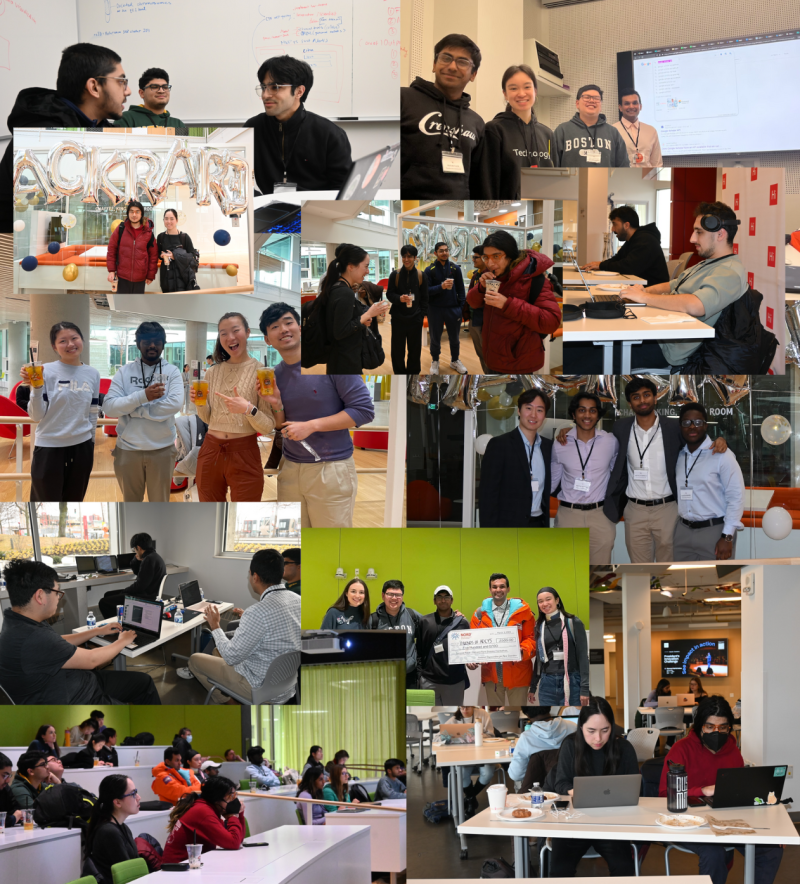
Thank you to all of our participants! Catch us next year for the 2025 Harvard Rare Disease Hackathon!

